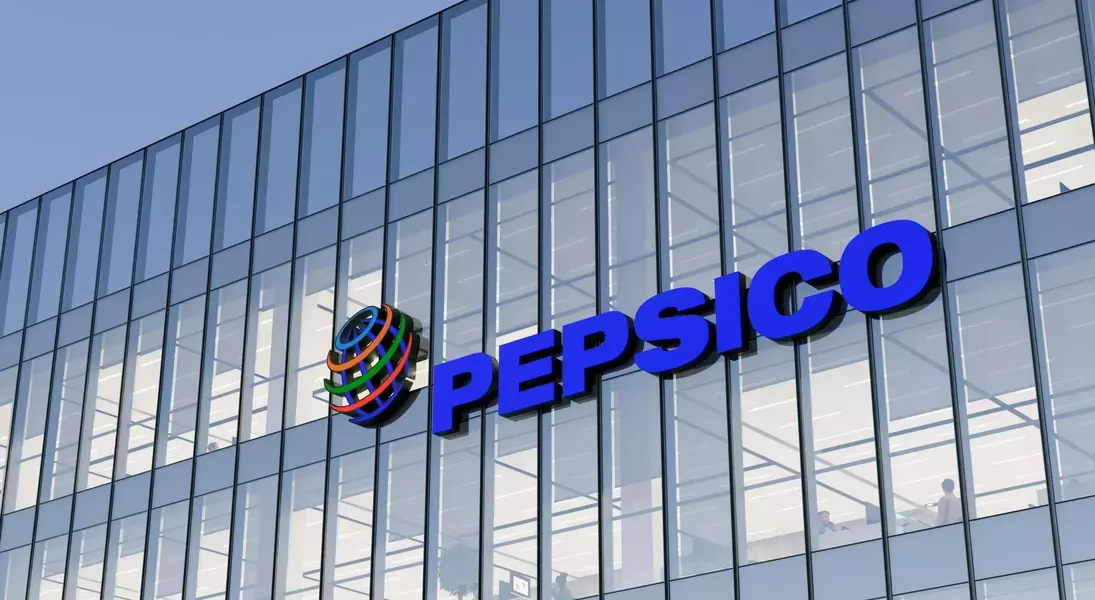
Leadership changes highlight PepsiCo's strategic shift towards emerging markets. The company has announced a major reorganization of its executive team, featuring six promotions and three departures. These moves underscore the company's commitment to enhancing its global food divisions while optimizing operations across various regions.
Alexandre Carreteiro has been appointed to oversee Brazil and South Cone Foods, expanding his role from CEO of Brazil Foods. This change reflects PepsiCo's substantial investment in South American snack manufacturing infrastructure, set to continue through 2026. Meanwhile, Silviu Popovici will now lead combined Europe, Middle East, and Africa Foods and Bottling Operations, aligning with the company’s efforts to optimize cross-regional production networks by the end of 2024. Roberto Martinez transitions into a dual role as international chief commercial officer and CEO of new revenue streams, focusing on innovative initiatives such as alternative proteins and AI-driven supply chains. In North America, Steven Williams will consolidate beverage and snack operations under one leadership umbrella, preparing for unified compliance strategies.
The restructuring also marks significant departures that signal shifts in strategic priorities. Eric Hanson, previously senior vice president of strategic partnerships, is leaving amid changes in alliance strategies following an $800 million investment in automated vending partnerships. Vikram Somaya, chief data officer, and Wern-Yuen Tan, APAC CEO, are departing as the company centralizes analytics functions under regional leaders. This realignment aims to enhance operational efficiency and adapt to market challenges, including tariff uncertainties and ingredient sourcing issues. Industry analysts note that these changes mirror manufacturing footprint adjustments, with 42% of capital expenditures directed toward emerging market facilities as reported in PepsiCo’s 2024 annual report.
This reorganization creates three distinct operational hubs, reflecting PepsiCo's approach of 'regional autonomy with centralized innovation.' The model seeks to balance localized decision-making with centralized innovation efforts, ensuring the company remains agile and competitive. As food conglomerates face evolving market dynamics, PepsiCo's proactive restructuring positions it to capitalize on emerging opportunities and drive sustainable growth.
